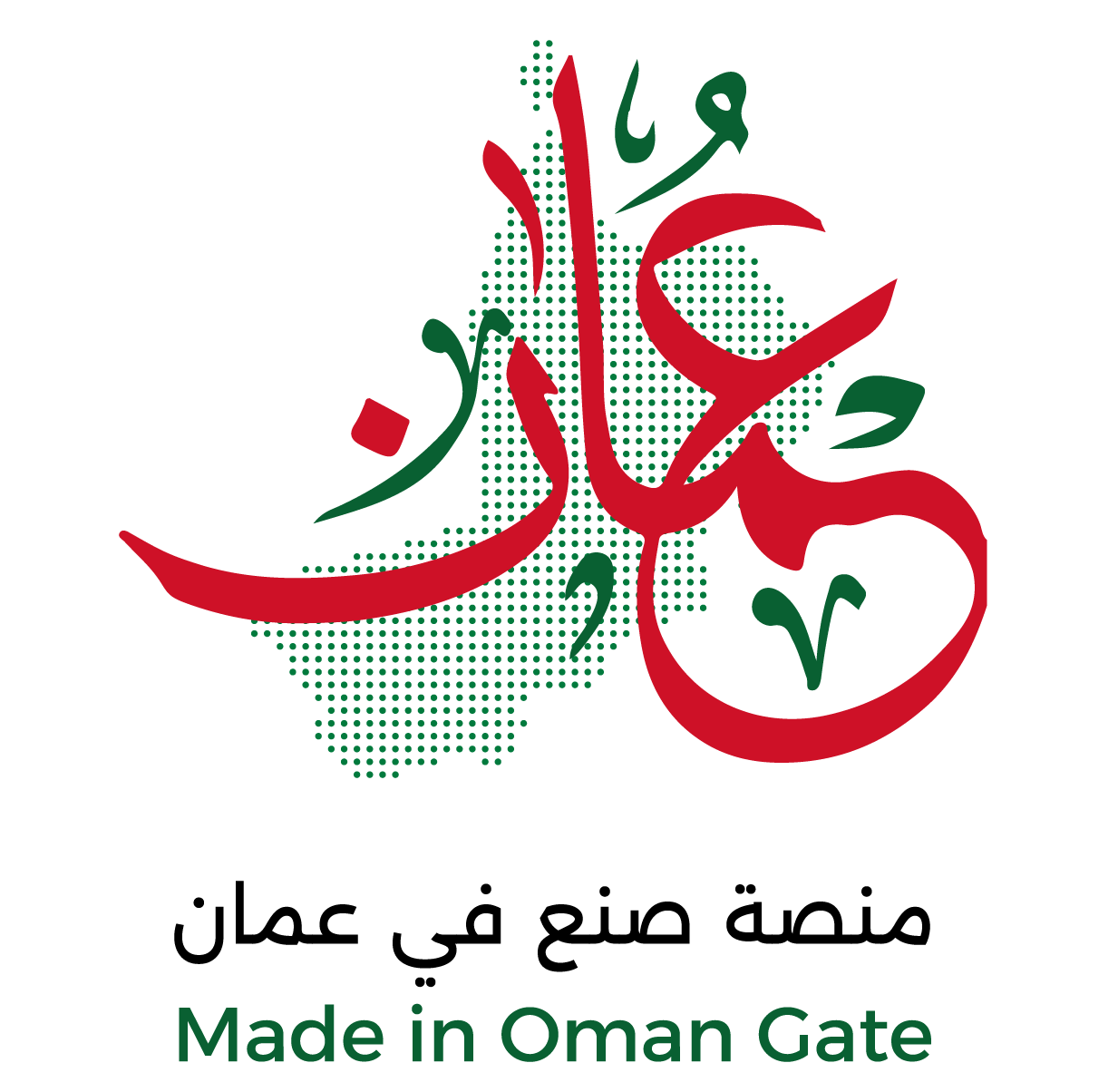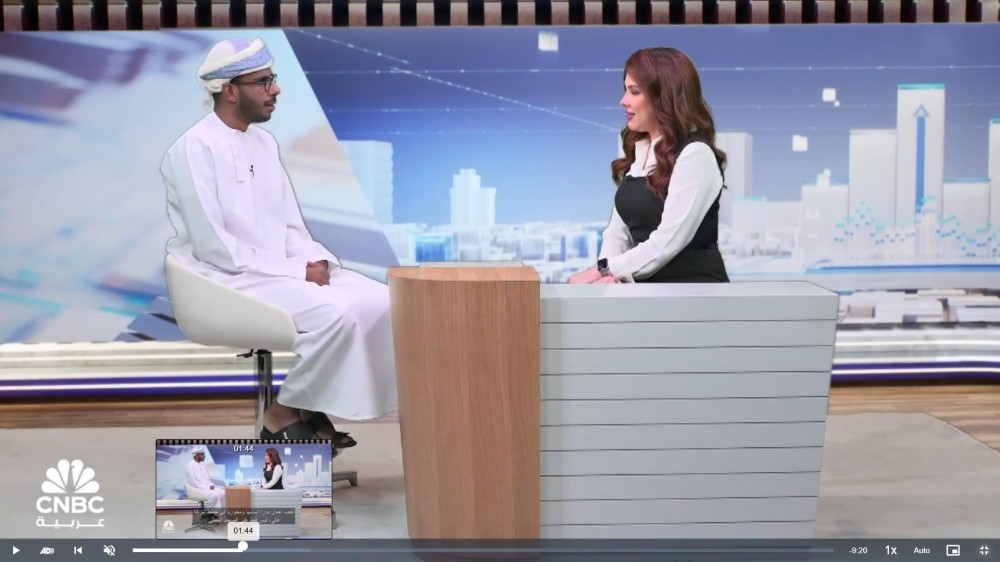Brazilian mining giant Vale says its iron ore pelletising plant at Sohar Port will be powered by renewable electricity by 2030, in line with a commitment by the parent organization to decarbonisation its operations globally.
According to Nasser al Azri, CEO – Vale in Oman, the switch to green energy for the production of iron ore pellets – the primary feedstock for direct reduction iron (DRI) plants in the region – is also designed to support the aspirations of steel mills to transition to low-carbon steel production.
In a recent interview with CNBC Arabia, Al Azri said the company is taking concrete steps to decarbonize its Sohar operations, centring on the production of 9 million tonnes per annum of iron ore pellets. With steelmaking accounting for around 8 per cent of global CO2 emissions, the industry has a responsibility to cut the greenhouse gas (GHG) footprint associated with its operations, he noted.
Vale in Oman, for its part, plans to source its electricity requirements from renewable sources by 2030, said the official. Also contributing to its CO2 emission reduction strategy, he added, is a new iron ore concentration plant currently being developed by Vale in partnership with a Chinese steelmaker at Sohar. High grade iron ore from the plant will play an essential part in Vale’s decarbonisation journey, he stated.
Last October, Vale and Jinnan Iron & Steel Group announced a joint partnership to establish the Sohar Concentration Plant with an initial investment of over $600 million. The facility, scheduled to commence operations by mid-2027, will supply high-quality iron ore for production of pellets and briquettes, which are key to the manufacturing of low-carbon steel products via the direct reduction route. The plant will process 18 million tonnes of low-grade iron ore annually, producing 12.6 million tonnes of high-grade concentrate.
Shedding light on the demand outlook for steel products, Al Azri said the Gulf region continues to remain an important market for Vale Oman’s output. Markets include the UAE, Saudi, Qatar, India and countries of East Africa. Europe is a promising market as well, given especially the emphasis on green steel as part of their decarbonisation journey, he said.
Integral to Vale’s success in the region, Al Azri stressed, is Oman’s strategic location and its proximity to all of the markets currently served by Vale. “We are in the region for just-in-time delivery to our clients, which are in the GCC. (In 2024), we (have) handled the highest volume in our history, which is a step towards solidifying our position in the region. But in addition to the GCC, we do exports to North Africa and India as well.”
Vale’s growth strategy, said Al Azri, is connected to the region’s ambitions to emerge as a leader in green steel. The parent company is currently in discussion with a number of partners in the region, notably in the UAE and Saudi Arabia, to set up “additional operations” to help strengthen the group’s positioning in the emerging low-carbon steel sector.


